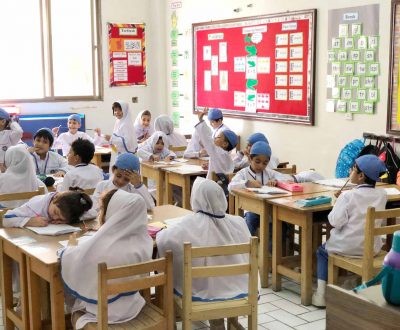The Relevance of the Dars-e-Nizami Curriculum to the Development of Modern Islamic Religious Education in Pakistan
DOI:
https://doi.org/10.47453/eduprof.v5i2.231Keywords:
Dars-e-Nizami Curriculum, Modern Islamic Religious Education, PakistanAbstract
ABSTRACT
Traditional education in Pakistan has deep and varied roots, primarily due to the cultural and ethnic diversity that exists in the country. The unstoppable flow of globalization threatens to shift cultural heritage including traditional education in Pakistan. Thus, efforts are needed so that traditional education is not abandoned and remains relevant to current developments. The aim of this research is to determine the relevance of the Dars-e-Nizami curriculum for the development of modern Islamic religious education in Pakistan. This research is field research combined with literature study. The data collection instrument used was semi-structured interviews. This research was conducted in 15 school institutions, both formal and informal, in 5 big cities in Pakistan. The results of this research found that the Dars-e-Nizami curriculum has several limitations in terms of relevance to modern needs. Islamic educational institutions retain Dars-e-Nizami for the reason that they see it as a way to preserve and inherit the classical Islamic intellectual tradition as well as to maintain a strong understanding of the Islamic religion among students. Education based on the Dars-e-Nizami curriculum still has an important place in the highly conservative and traditional Muslim community. The implications of this research are that schools in Pakistan do not abandon traditional education or curriculum, but continue to preserve it by making adjustments that are relevant to current developments


























